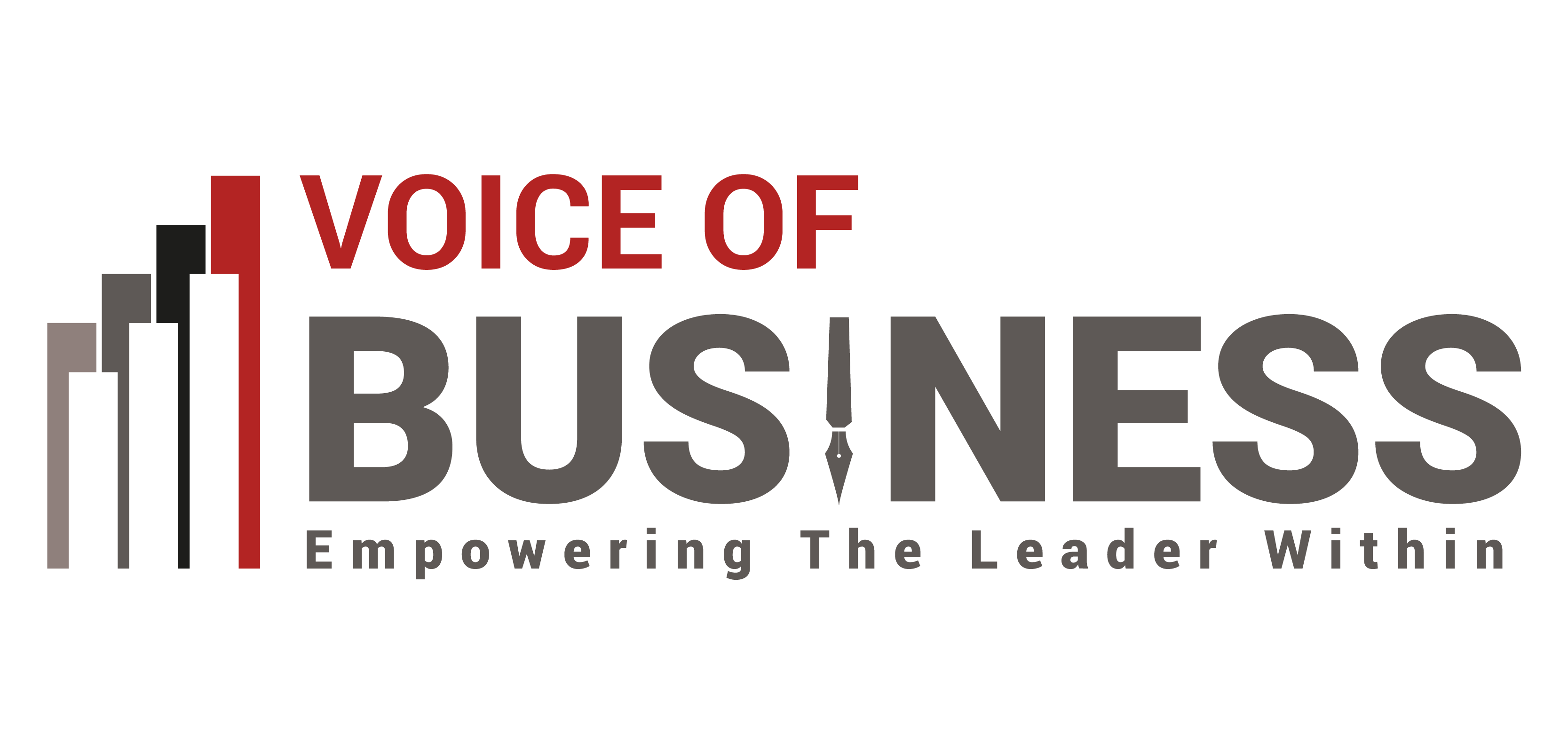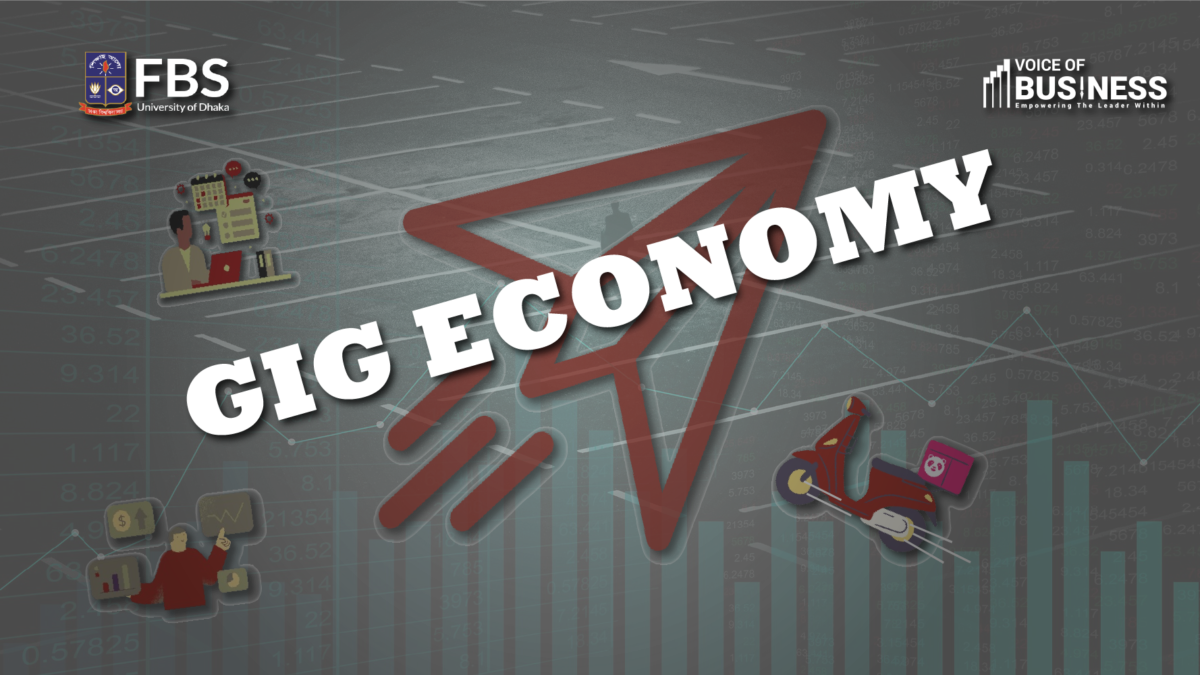Gig Economy: From Traditional 9-to-5 Jobs to a Modern Workforce

VoB Bulletin 4th Issue
January 16, 2024
From Hobby to Hustle: Turning Your Passions into Profitable Skills
March 24, 2024Are you Ready to adapt to Change?
Have you ever dreamt of a career that fits your lifestyle perfectly rather than the other way around? What if you could be your own boss and shape the work the way you want? Welcome to the gig economy – where your schedule is as flexible as your imagination. Let’s explore the gig economy further!If you have ever used an app to call a freelance driver, order food, or buy a homemade craft then you have probably participated in this segment of the economy. From grocery delivery to ride shares and online product delivery to freelance graphic design, most of us have undoubtedly used the gig economy at some point. To understand the gig economy, first of all, we need to know what it actually means.
What is the Gig Economy?
For years the norm for jobs has been permanent full or part-time employment but recently more and more people are beginning to take on various short-term jobs also known as gigs. The term “gig” is a slang word for a temporary or freelance job performed on-demand basis. Traditionally, the term was used by musicians or comedians to define a performance engagement.
The gig economy is an economic system where gig workers earn by providing on-demand work, services, or goods and the activity is often facilitated through a digital platform on a short-term and payment-by-task basis. Gig workers, who form the backbone of this economic model, typically operate as independent workers rather than traditional employees. Gig workers are also known as freelancers, independent contractors, project-based workers, and temporary or part-time hires.
Digital platforms connect gig workers with potential clients. For instance, Fiverr, Upwork, PeoplePerHour, Toptal, Uber, Bolt, Glovo, etc. are the top gig economy platforms.
Gig Economy in Bangladesh
There is no doubt that the rise of the gig economy has been a blessing to countries like Bangladesh. Bangladesh has already started working within the gig economy by introducing delivery services like Pathao, and Food panda also ride-sharing services like Uber and Obhai. Nearly a million of people in the country now provide online freelancing, outsourcing, ridesharing, and delivery services. Future demand for the gig economy is expected to grow. As a result, this door of possibility needs to be used.
The Rise of The Gig Economy
The gig economy has been fueled by technological advancements, digital platforms, changing attitudes toward work, and the desire for greater work-life balance.
In Bangladesh, digitalization such as internet access and smartphone availability has played a vital role in the growth and expansion of the gig economy. Due to rapid technological improvements, being a worker in the gig economy becomes highly accessible for technically competent persons.
Are Traditional Jobs Becoming Obsolete in The Gig Economy Era?
In today’s dynamic and unpredictable world, digital technologies continue to reshape the work. For that reason, traditional employees may face new competition in a dramatically changing labor market. However, they may also benefit from the rise in the gig world. As the workplace continues to change, more and more employees are demanding flexible work that gives them more control over their work. It allows individuals to become entrepreneurs and develop their skills and expertise.
The future of work may likely be a hybrid model, blending traditional employment’s stability with the gig economy’s flexibility. Therefore, independent workers and traditional job holders will have to become more proactive about managing their careers.
Unlocking the Opportunities in the Gig World
Are you curious about the opportunities that make gig work so attractive? Let’s unveil the opportunities.
Flexibility: The gig economy offers alternatives for employees who don’t want to be stuck in 9-to-5 office jobs and prefer more flexible lifestyles. Unlike traditional employees who work under a fixed schedule, gig workers are free to choose their own schedule: when to work and for how long.
Independence: Independent contractors in the gig economy are not required to work in offices, rather, they work in their own spaces. Moreover, they may choose the clients and jobs that best serve their interests. It varies from someone working in a home office writing articles to someone working from their car driving for Uber.
Income: As mentioned above, the gig economy is an increasingly attractive market due to the flexibility that allows individuals to earn extra income.
Skill Development: Gig employees can dedicate more time to learning new skills than traditional workers. Beyond income, the gig world provides a platform for developing skills. Moreover, it helps to build a personal brand and create a diverse portfolio. Work-life Balance: Not surprisingly, the flexibility of gig work can potentially enhance work-life balance. Gig workers have the freedom to choose when, where, and how much they work.
Challenges Faced by Gig Workers
There are two sides of the same coin. While the gig economy creates new opportunities for employees, it also presents new challenges for them. Challenges like job insecurity, income instability, lack of employment benefits, lack of legal protections, isolation, and mental stress are some common drawbacks for gig workers.
In Bangladesh, there are some other roadblocks and barriers for gig workers along the way as well. First and foremost, Bangladesh does not have a gig market of its own. That’s why Bangladeshi gig workers have to work on the digital platforms of other countries. Therefore, getting started on platforms like Fiverr and Upwork may take up a significant amount of time for the local workers.
Moreover, the payment methods of foreign websites seem difficult for Bangladeshi workers especially those living in rural areas. Thus, the lack of credibility can be a problem for both employers and gig workers.
Build the Skills Necessary to Excel in the Gig Economy
The following are some of the skills that gig workers should possess to succeed in the current gig economy:
Time management: When it comes to unpredictable freelance workers, the saying “time is money” certainly applies. After all, you don’t get paid if you don’t work! The gigsters who can effectively manage their time to maximize productivity are the most successful.
Technical Proficiency: Gig workers working on platforms must be aware of issues such as security, privacy, and how online environments work, as well as how technology may connect, share, and organize them.
Communication skills: Gig workers need to interact with clients while providing services. Crucial communication skills like negotiation, branding, marketing, conflict resolution, and decision-making help them to succeed.
Goal orientation and problem-solving: Goal orientation means being energized by working toward a mission and goals whereas problem orientation refers to the interest in predicting, preventing, or solving problems. In the gig economy, though, you will typically need to have a little bit of both.
Networking: At the end of the day, as a gig worker, you will be in direct contact with your client base. You will need to ensure you acquire positive reviews for your work, which can help grow your client base.
Financial Literacy: Money management is a crucial ability to acquire to handle different obstacles. This can aid employees in understanding fundamental concepts like budgeting, investing, and setting up emergency funds.
The world is currently witnessing a boom in the gig economy and there is a win-win situation for both employers and gig workers. The recent rise of the gig economy has changed the way people think about employment.
In the modern era, the gig economy is likely to expand further. It complements the traditional Brick-and-Mortar economy by creating a new way of working. So, if you feel you need a change, the gig economy might be the chance you have been searching for! Are you ready to embrace the gig revolution?
Author- Moriom Sultana, Executive | Editorial, Voice of Business.
Visual Designer- Md. Nahidul Islam Sakib, Executive | Publications, Voice of Business.




